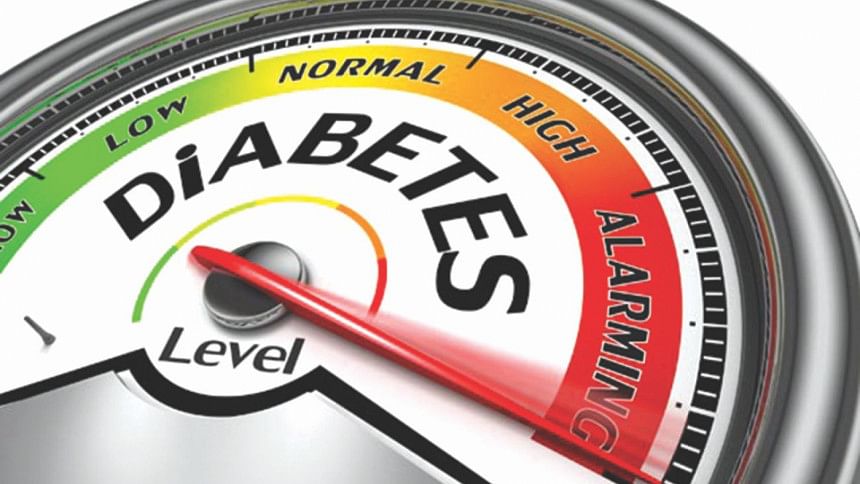Beat diabetes

Diabetes is one of the largest global health emergencies of the 21st century. Each year more and more people live with this condition, which can result in life-changing complications. In addition to the 415 million adults who are estimated to currently have diabetes (expected to be 642 million in 2040), there are 318 million adults with impaired glucose tolerance, which puts them at high risk of developing the disease in the future.
Diabetes and its complications are major causes of death in most countries. Type 2 diabetes is the most prevalent form of diabetes and has increased alongside cultural and societal changes.
Greater education is needed to improve the diagnosis and management of all types of diabetes and to embed lifestyle changes that will slow the rise in type 2 diabetes. While educational programs can help improve the management of people with diabetes, public health education is needed at the population level to encourage behavior change to prevent type 2 diabetes.
Early diagnosis can prevent or delay the long- term health complications of people who are undiagnosed with type 2 diabetes.
World Health Day 2016: Key messages
The World Health Organisation (WHO) focused the World Health Day on 7 April 2016 on diabetes because:
1. The diabetes epidemic is rapidly increasing in many countries, with the documented increase most dramatic in low- and middle-income countries.
2. A large proportion of diabetes cases are preventable. Simple lifestyle measures have been shown to be effective in preventing or delaying the onset of type 2 diabetes. Maintaining normal body weight, engaging in regular physical activity, and eating a healthy diet can reduce the risk of diabetes.
3. Diabetes is treatable. Diabetes can be controlled and managed to prevent complications. Increasing access to diagnosis, self-management education and affordable treatment are vital components of the response.
4. Efforts to prevent and treat diabetes will be important to achieve the global Sustainable Development Goal 3 target of reducing premature mortality from noncommunicable diseases (NCDs) by one-third by 2030. Many sectors of society have a role to play, including governments, employers, educators, manufacturers, civil society, private sector, the media and individuals themselves.
Goal of World Health Day 2016: Scale up prevention, strengthen care, and enhance surveillance
The main goals of the World Health Day 2016 campaign were to:
1. Increase awareness about the rise in diabetes, and its staggering burden and consequences, in particular in low-and middle-income countries;
2. Trigger a set of specific, effective and affordable actions to tackle diabetes. These will include steps to prevent diabetes and diagnose, treat and care for people with diabetes; and
3. Launch the first Global report on diabetes, which will describe the burden and consequences of diabetes and advocate for stronger health systems to ensure improved surveillance, enhanced prevention, and more effective management of diabetes.
The writer is an Assistant Professor at the Department of Endocrinology of Bangabandhu Sheikh Mujib Medical University, Dhaka, Bangladesh.
Email: [email protected]

 For all latest news, follow The Daily Star's Google News channel.
For all latest news, follow The Daily Star's Google News channel. 



Comments